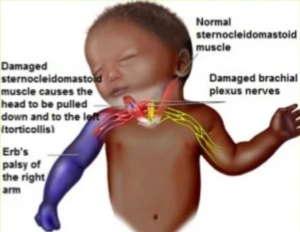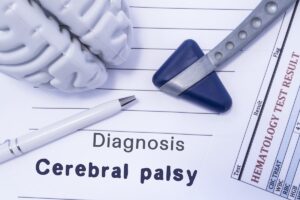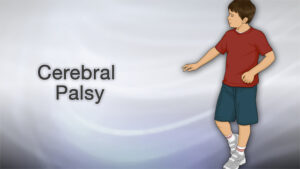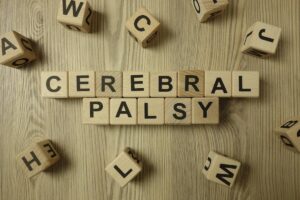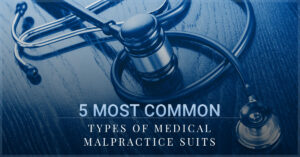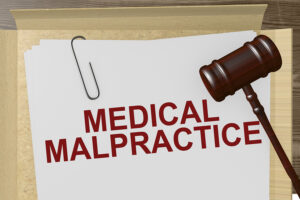Cerebral Palsy (CP) is a type of disorder that affects a developing brain, hindering muscle movements, balance, coordination and posture. In many cases, it can also affect speech, hearing, sensation and vision. Usually congenital, meaning it is present from birth, CP can also be acquired through a difficult birth or significant head trauma in the early developmental stages of the brain.
If congenital, cerebral palsy causes can range from birth complications like lack of oxygen to the infant’s brain during labor, or low birth weight, multiple births, gene mutations, maternal infections during pregnancy or a brain infection or hemorrhage in the infant.
CP is the most common motor disability in children and is more common in boys than girls. Cerebral palsy affects about 1.5 to 4 out of every 1,000 children worldwide, according to the CDC.
WHAT ARE THE EARLY SIGNS OF CEREBRAL PALSY?
As a parent, you look forward to the major milestones of your developing child—lifting their head, a smile, their first word. If your child shows delays in their movements, it could be a sign of a developmental interruption. Cerebral palsy causes one of the most common delays in children’s development.
Early warning signs of cerebral palsy usually appear in children before the age of three, while the brain is still developing. Most diagnoses happen before the age of two, but if your child has a milder case it can take as long as 30 months to accurately diagnose.
Cerebral palsy warnings in children six months and younger can include:
- Poor reflexes and muscle control
- Stiffness or floppiness
- Not reactivating to noises or lights
- Difficulty moving mouth and eyes
- Trouble swallowing
- Not reaching for objects
Warning signs of cerebral palsy in children six months of age and older include:
- Difficulty sitting, rolling over, babbling, and motor skills
- Poor coordination and favoring one side
- Unfamiliarity with objects and people
- Inability to crawl on all fours
- Inability to stand on their own
- Delayed social or emotional development
- Spasms or stiffness or jerky movements
TYPES OF CEREBRAL PALSY
CP is broken down into different types and can affect various parts of the brain. We categorize each type into two categories: movement issues and the part of the body it affects. There are four main types of cerebral palsy including:
- Spastic cerebral palsy – this is the most common type of CP, making up about 80% of all cases. Spastic cerebral palsy causes exaggerated reflexes, jerky movements, and stiffness in the muscles.
- Dyskinetic cerebral palsy – Dyskinetic CP can be characterized by the inability to control body movements. While this type of CP normally affects the arms and legs, in certain individuals it can also affect the face.
- Hypotonic cerebral palsy – This type of cerebral palsy causes overly relaxed muscles known as “floppy” muscles. Reflexes are often poor, and the individual’s arms and legs hang down like a ragdoll.
- Ataxic cerebral palsy – This type of CP causes issues with balance, coordination, and posture. This is the least common type of CP and often affects the individual’s ability to walk, pick things up, and write.
- Mixed cerebral palsy – mixed CP is any combination of the above, most commonly spastic and dyskinetic.
ACQUIRED CP AND HOW WE CAN HELP
The brain damage that causes cerebral palsy can happen before, during, or after birth. Though most cases are considered congenital, others can be caused by medical negligence. If you believe your child has developed cerebral palsy as the direct result of a medical mistake, you may be liable for compensation. Spector Injury & Accident Lawyers’ experienced attorneys in cerebral palsy cases handle all aspects of birth injury cases and are here to help. We understand the costs and hardships that one can experience over a lifetime and our goal is to seek justice for you, your child and your family. Contact us today for a free consultation.
Spector Law Group

